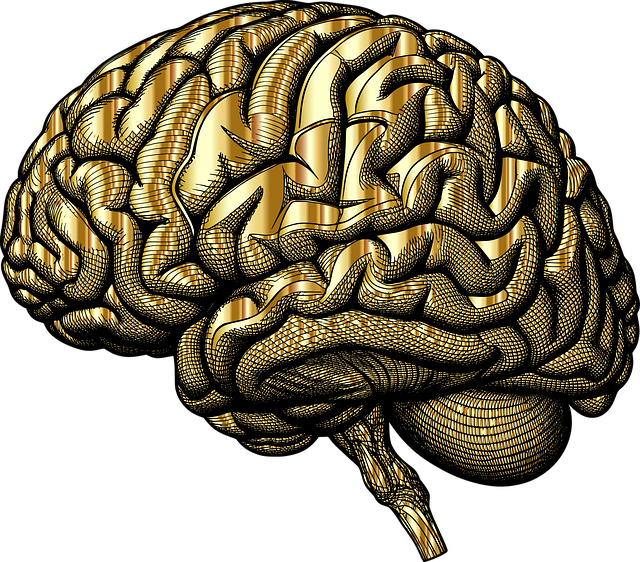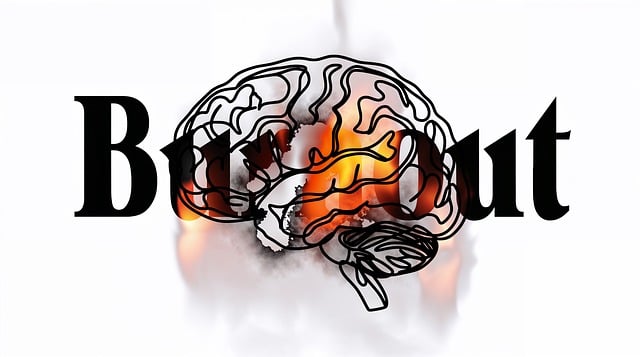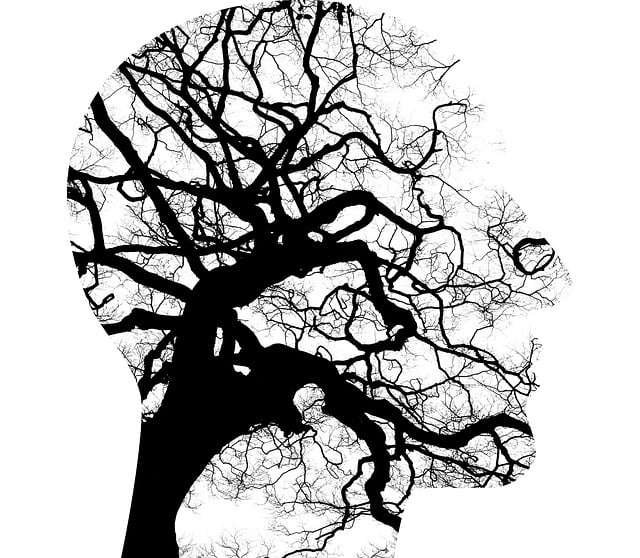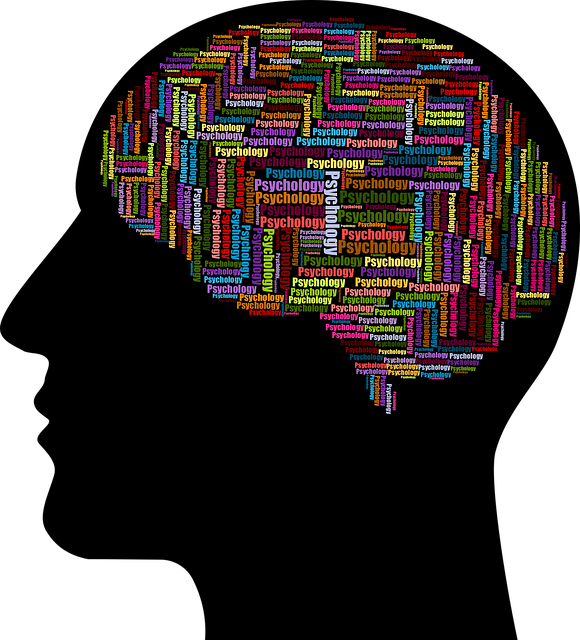Developing mental health programs tailored to elders involves addressing unique challenges like depression, anxiety, and cognitive decline through evidence-based play therapy models. Integrating play therapy, structured guidance on anxiety relief, mindfulness exercises, and empowerment techniques creates engaging curricula that enhance well-being and challenge stereotypes. Creating supportive environments, teaching stress management tools, and risk mitigation planning are key to effective programs. Evaluating success using both quantitative and qualitative methods tracks changes in participant experiences and program impact over time, refining approaches for sustainable positive outcomes.
Mental health education programs designed specifically for elders play a crucial role in addressing the unique challenges they face. This article offers a comprehensive guide to creating effective programs that enhance elderly well-being. We explore key components such as understanding specific mental health needs, integrating play therapy techniques tailored for older adults, and designing engaging curricula. Additionally, we discuss fostering supportive environments and implementing evaluation methods to ensure program success in improving mental health outcomes for this vital population.
- Understanding Mental Health Needs of Elders: A Comprehensive Overview
- Integrating Play Therapy Techniques for Elderly Populations
- Designing Educational Curricula: Engaging and Effective Strategies
- Creating a Supportive Environment: Fostering Comfort and Trust
- Measuring Success: Evaluation Methods for Mental Health Programs
Understanding Mental Health Needs of Elders: A Comprehensive Overview

Understanding mental health needs among elders is a crucial step in designing effective educational programs. As people age, they may face unique challenges that impact their emotional and psychological well-being. This includes conditions such as depression, anxiety, and cognitive decline, which can be further exacerbated by social isolation, physical health issues, and the loss of loved ones. Recognizing these complex needs is essential for creating tailored interventions.
A comprehensive overview should include an exploration of evidence-based therapy models suitable for elders, such as play therapy adapted for older adults. Additionally, addressing burnout prevention strategies for healthcare providers is vital to ensure quality care. Mental health professionals must also be equipped with thorough risk assessment skills to identify and manage potential risks within their practice. Integrating these aspects into educational programs will empower caregivers and professionals to better navigate the mental health landscape of aging.
Integrating Play Therapy Techniques for Elderly Populations

Integrating Play Therapy Techniques for Elderly Populations offers a unique and beneficial approach to mental health support specifically tailored for this demographic. As our aging population grows, it’s essential to acknowledge that traditional therapy methods may not always resonate with elders. Play therapy provides an alternative, engaging way to address emotional and psychological needs. Through play, individuals can express themselves, process memories, and manage stress in a non-threatening manner, which is particularly important for those experiencing age-related anxiety or cognitive changes.
Cultural sensitivity in mental healthcare practice plays a vital role here. Adaptating play therapy to respect and incorporate cultural traditions and beliefs ensures that interventions are meaningful and effective. By recognizing the value of play across diverse cultures, therapists can foster trust and connection with elderly clients, enhancing their overall well-being and quality of life. This approach not only aids in stress management but also offers a sense of comfort and continuity, contributing to anxiety relief within this vulnerable population.
Designing Educational Curricula: Engaging and Effective Strategies

Designing educational curricula for mental health programs requires a thoughtful approach to ensure engagement and effectiveness. Incorporating diverse strategies can cater to different learning styles and enhance overall well-being. One innovative method is integrating play therapy techniques tailored for elders, which can offer a unique and accessible avenue for expression and healing. By combining traditional counseling methods with playful activities, mental health professionals can create a comfortable environment, encouraging participants to explore their emotions and memories.
Furthermore, including structured guidance on anxiety relief techniques and mindfulness exercises within the curriculum proves beneficial. Simple yet powerful tools like Mental Wellness Journaling Exercises can empower individuals to track their thoughts and emotions, fostering self-awareness. Additionally, confidence-boosting activities designed for this demographic can challenge stereotypes and promote a positive sense of self, contributing to overall mental health improvement.
Creating a Supportive Environment: Fostering Comfort and Trust

Creating a supportive environment is paramount when designing mental health education programs, especially when catering to elders. This involves cultivating spaces where participants feel comfortable expressing their thoughts and emotions freely, knowing they will be met with empathy and non-judgmental attitudes. Incorporating elements of play therapy can significantly enhance this process, as it allows individuals to tap into their inner child, fostering a sense of comfort and trust. Through playful activities, elders can reconnect with forgotten feelings, facilitating easier exploration of mental health concerns.
A safe atmosphere also encourages open communication about stress management techniques, which are crucial for maintaining elder well-being. The Stress Management Workshops Organization emphasizes the importance of teaching practical tools to help participants navigate life’s challenges. Additionally, risk management planning is essential for mental health professionals working with elders. By combining supportive environments, play therapy, and education on inner strength development and risk mitigation, comprehensive programs can be designed to effectively support the unique needs of elderly individuals in addressing their mental health.
Measuring Success: Evaluation Methods for Mental Health Programs

Evaluating the success of a mental health education program is paramount to understanding its impact and identifying areas for improvement. A comprehensive assessment strategy should be employed, encompassing both quantitative and qualitative methods. Surveys, questionnaires, and interviews can gather valuable insights from participants, offering a glimpse into their perceived benefits, changes in mental health status, and overall satisfaction with the program. These tools are particularly effective when tailored to specific age groups, such as providing dedicated forms for elders to ensure their unique needs are addressed.
Additionally, tracking long-term outcomes through follow-up assessments is essential. This allows researchers to gauge the sustainability of program effects beyond the initial implementation phase. For instance, measuring changes in trauma support services utilization rates or positive thinking patterns over time can demonstrate the lasting impact of mental wellness coaching programs. By employing these evaluation methods, developers can make data-driven decisions, refining their approach and ensuring that therapy for elders and other at-risk populations is both effective and adaptive to their evolving needs.
Mental health education programs designed specifically for elders must integrate diverse strategies, including play therapy techniques, to address their unique needs. By creating engaging curricula, fostering supportive environments, and employing effective evaluation methods, we can significantly enhance the mental well-being of elderly populations. Incorporating play therapy offers a non-threatening approach that stimulates positive interactions and emotional expression, making it a valuable tool in improving quality of life for our aging society.








